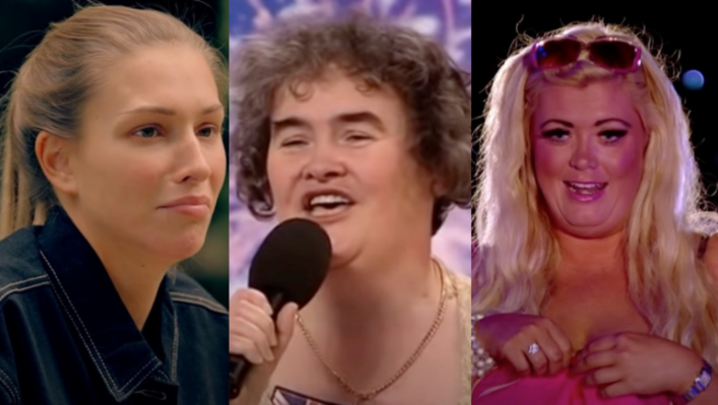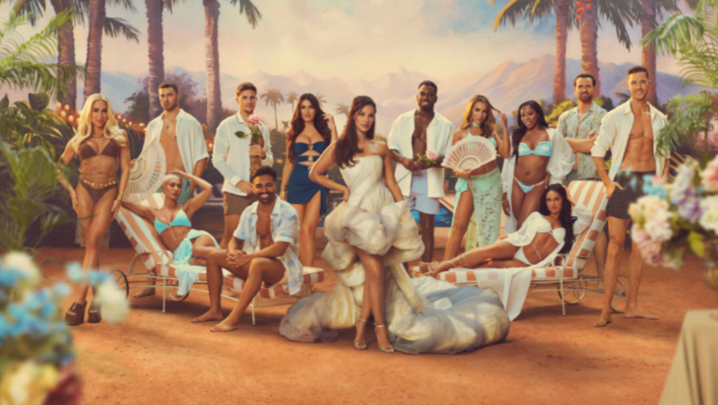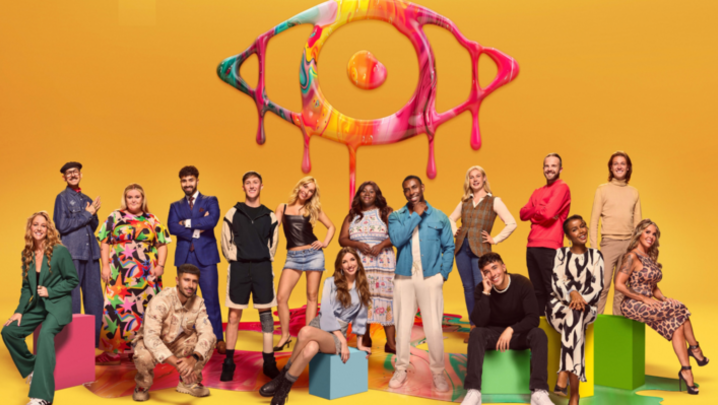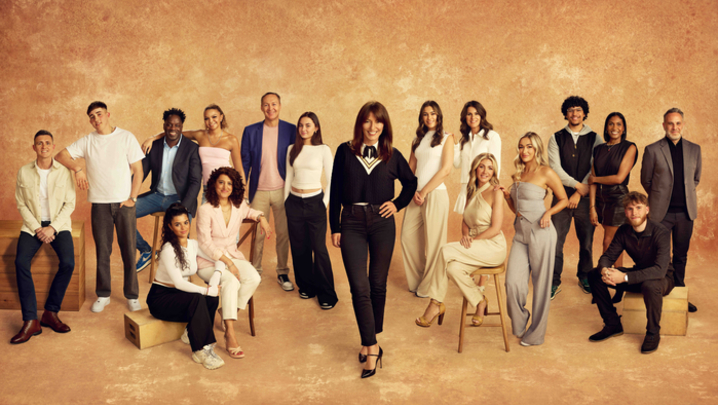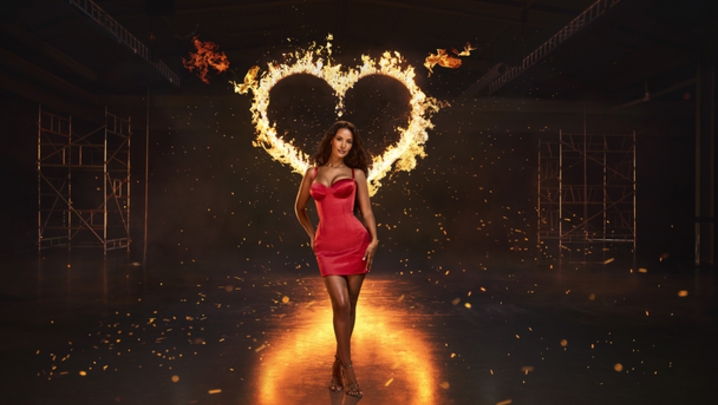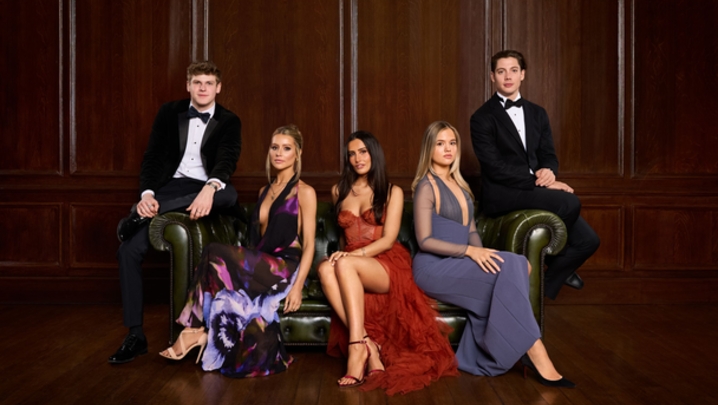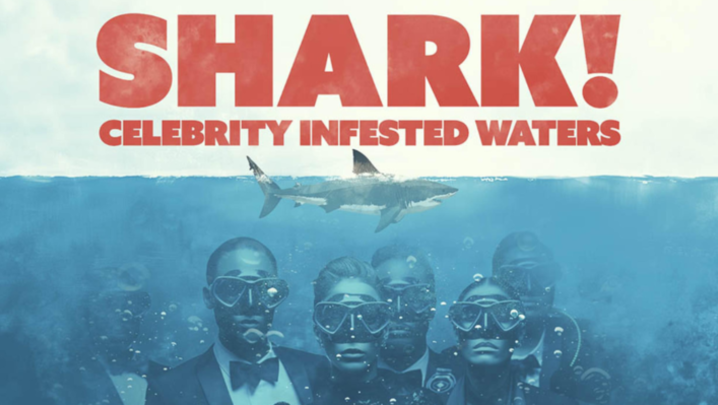Reality TV is here to stay. That was the conclusion of an RTS panel discussion, Why We Love…Reality TV, chaired by the charismatic Rylan Clark-Neal, a former winner of Celebrity Big Brother.
“Twenty years ago everyone thought reality TV was a flash in the pan, but it’s become a fixed item on traditional TV channels and on-demand services like Netflix who’ve recently had huge success with Too Hot To Handle,” said Rick Murray, managing director, Manchester-based Workerbee, which makes new Channel 4’s reality show, The Bridge, based on a Spanish format.
“The genre appeals to a young demographic and to a cross-section of society. People enjoy the soap opera element of reality TV. Like soaps, reality generates loyalty as viewers come back again and again.
“Reality TV will be here in 50 years’ time – playing on a platform that none of us have yet heard of.”
He said the key ingredients for a successful reality TV series were “twists and turns, dilemmas, relatable characters that people get behind and love.”
Katy Manley, managing director, Initial TV, which produces Big Brother, said that to succeed a reality show must have drama.
The work that goes into reality TV was under-rated and involved a lot more from the production team than pointing a camera at a group of people and filming them.
“If it were that simple, we’d all be out of a job,” she said. “Even in the purest of formats we’re generating everything.”
She too saw parallels between reality TV and soap opera: “You want to see drama, conflict, humour and poignant moments where people open up and talk about their lives.
“You want to see all those beats you’d expect to see in a drama series or a film that can evoke those human emotions that everyone can relate to.”
Craig Orr, VP, original content & development, youth and entertainment for international at ViacomCBS, stressed the importance of each show having a USP.
“With the saturation of reality TV, what’s the USP, what’s the tone that’s different? People are flicking through shows and taking four seconds to decide what to watch.
“We need to think about how we are going to make an impression in those four seconds.”
Despite the demand for the genre from broadcasters and other platforms, Manley acknowledged the difficulty of creating fresh reality formats.
In a crowded market Richard Cowles, director of entertainment, ITV Studios Entertainment, told the RTS that it was vital to have reality shows that made “more noise than all the other ones.”
He said that one thing streaming services excelled at was ending each episode on a cliff hanger that persuaded audiences to watch the next episode.
“It’s similar to what we do on Love Island, where we strip the show across the week. We need to have a dramatic moment at the end of each episode that brings people back the next day,” added Cowles.
Audiences for reality TV were sophisticated and responded well to shows that move the genre on with originality and surprise, he suggested.
“That’s why it’s so difficult to create new formats…otherwise we’d just be churning them out,” said Cowles, who is overseeing the production of I’m A Celebrity…Get Me Out Of Here! from its new base in Wales.
He was optimistic that despite the imminent national lockdown in Wales the re-located show would overcome the problems of filming during a pandemic.
“In terms of challenges, Covid is the gift that keeps on giving,” he said. “It should all be good.”
Why We Love…Reality TV was an RTS event held on October 19. The producers were Sarah Booth and Tessa Matchett. A full report will be published in the November edition of Television.


